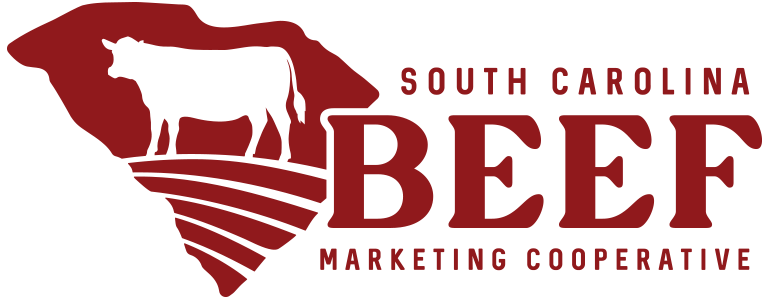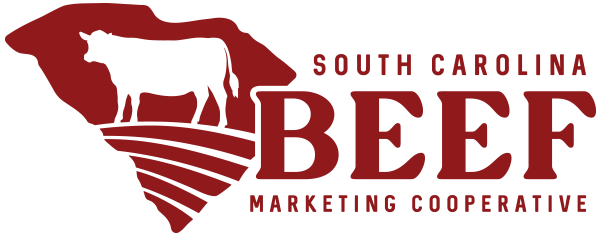USDA organic beef certification hinges upon on significant scientific rigor
To put it simply: Organic beef is beef that is raised according to specific standards set by the United States Department of Agriculture (USDA).
Those standards, experts say are designed to ensure South Carolina beef with the organic label is produced in a manner that is environmentally friendly, humane, and safe for human consumption. Furthermore, cattle must be fed a diet that is 100% organic, which means it doesn’t contain any genetically modified organisms (GMOs), antibiotics, or hormones. South Carolina beef experts say this practice ensures cattle eat a healthy diet that is free of harmful chemicals.
Cattle must be raised on pasture for at least 30% of their lifetime, which allows the livestock to exercise and graze on natural grass. In addition, Cattle must be given access to the outdoors and fresh air which allows the cattle to roam and socialize, which is important for their mental and physical health. Cattle must be treated humanely — this means that they must not be subjected to any unnecessary pain or suffering.

They must be given enough space to move around, and they must be slaughtered in a humane way. Raising cattle in this way is good for the environment, the cattle, and the people who eat them. It helps to reduce pollution, it improves animal welfare, and it produces healthier meat. There are many benefits to raising cattle in a humane and sustainable way. For the environment, it helps to reduce pollution and greenhouse gas emissions. For the cattle, it improves their health and welfare. And for the people who eat them, it provides healthier meat.

More benefits than one to buy organic beef
If you are concerned about the environment, animal welfare, or your health, then you should choose to buy meat from farms that raise their cattle in a humane and sustainable way.
Organic beef is often considered to be healthier than conventional beef because it is raised without the use of antibiotics and hormones. Additionally, organic beef is often lower in saturated fat and higher in omega-3 fatty acids than conventional beef.
However, it is important to note that there is no scientific consensus on the health benefits of organic beef. Some studies have shown that organic beef may be healthier, while other studies have found no significant difference between organic and conventional beef.
If you are considering purchasing organic beef, it is important to do your research to make sure that you are buying from a reputable source. You can look for the USDA Organic label on the packaging to ensure that the beef has met the USDA’s organic standards.
Understanding the USDA organic certification process
The USDA organic certification process is rigorous and designed to ensure that products labeled as organic meet strict standards. The process begins with a written application that must be submitted to the USDA. The application includes information about the operation, such as the type of products grown or raised, the land used, and the production practices used.
Once the application is approved, an inspector will visit the operation to verify that it meets the USDA’s organic standards. The inspector will review the operation’s records, interview the producer, and observe the production practices.
If the inspection is successful, the operation will be issued an organic certification. The certification must be renewed every year.
The USDA’s organic certification process is designed to protect consumers and ensure that they are getting what they pay for when they buy organic products. The process is rigorous and comprehensive, and it helps to ensure that organic products are produced in a way that is safe and environmentally friendly.
Here are some of the key requirements for USDA organic certification:
- The use of organic seeds, plants, and livestock.
- The use of organic fertilizers and pesticides.
- The avoidance of genetically modified organisms (GMOs).
- The rotation of crops.
- The maintenance of healthy soil.
- The humane treatment of livestock.
The USDA organic certification process is a valuable tool for consumers who want to be sure that they are buying products that are truly organic. The process is rigorous and comprehensive, and it helps to ensure that organic products are produced in a way that is safe and environmentally friendly.
If you are looking for organic products, be sure to look for the USDA organic seal. This seal is a guarantee that the product has met the USDA’s strict organic standards.




